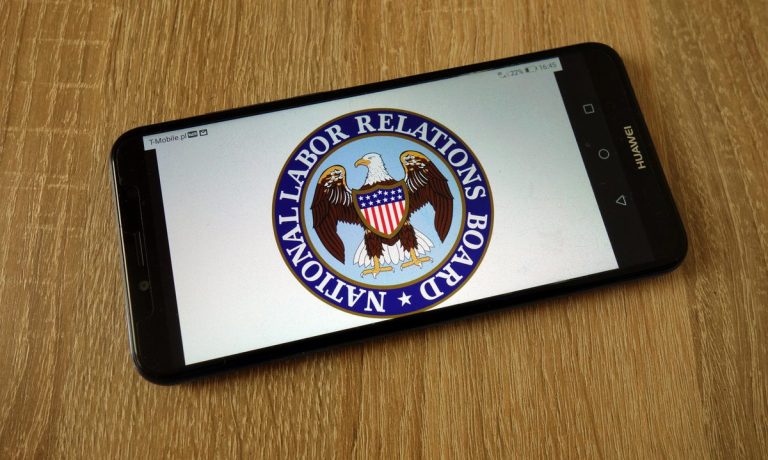Federal Regulator Launches Consultation to Reconsider Gig Workers Status

The National Labor Relations Board, a U.S. federal independent agency which oversees union activity and workers’ rights, on Monday (Dec. 27) launched an invitation to the public to submit briefs addressing whether the agency should reconsider its standard for determining the independent contractor status of workers.
This broad consultation stems from an individual request filed by a group of makeup artists, wig artists and hairstylists who claim they are employees of The Atlanta Opera Inc. and not independent contractors.
The NLRB has decided to take the opportunity to ask the public whether the “independent-contractor standard” should be reviewed, and if so, if the NLRB should reinstate a previous standard. A possible modification of the standard wouldn’t mean that gig workers would automatically be classified as employees, but it could make it easier for them to prove it.
The “independent-contractor standard” is based on the traditional common-law agency test, which analyses all relevant factors to find out whether a contractor is “rendering services as part of an independent business.” If the NLRB were to change the standard and return to the previous interpretation, it could put more emphasis on the “economic dependency” between the contractor and the employer. The Board also leaves a door open to adopt a new interpretation of the standard, but without further specifications of what this standard could be. The consultation will be open until Feb. 10, 2022.
With this consultation, the NLRB wants to see if there is appetite among companies and employees for a new change in the working relationships. While this is just the first step in reviewing a standard, not a change in the law to reclassify workers, it shows that the current status of gig workers may not fit well in the legal framework, as Uber has consistently proved around the country and elsewhere.
Uber’s drivers’ status has raised concerns among regulators since its early days. First in Europe, where the company tried to be classified as a software company, rather than a transportation company and it didn’t work. Then, drivers started to file individual claims in courts across Europe to challenge their “contractor” status, and they won in many instances. And finally, just this month, after the avalanche of cases in different courts, the European Commission decided to propose new regulations establishing that, if certain conditions are met, gig workers working for platforms like Uber will be considered employees, with access to paid holidays, pension and other benefits. Also, during 2021, the U.K.’s Supreme Court issued a landmark ruling stating that two Uber drivers should be considered workers (an intermediate figure between self-employed and employee). This ruling forced Uber to reclassify 70,000 drivers in the U.K.
See also: EU Gig Workers Could Be Reclassified as Employees
In the U.S., Uber is also fighting a few court battles where the status of its drivers is at stake. Perhaps the most notorious is in California, where a state law will require drivers to be classified as employees. While Uber and other app-based ride-hailing and delivery companies found a way to be exempted from this obligation, the so-called Proposition 22, this proposition was struck down by a judge who considered the measure unconstitutional. Uber and other companies said that they will appeal the decision.
As more and more cases may be filed before the NLRB to rule on decision between gig workers and employers, the agency probably wants to make sure that most of them are treated with the most suitable “independent-contractor standard.” The NLRB may take a more progressive approach under the Biden administration. NLRB General Counsel Jennifer Abruzzo recently commented in an interview for Bloomberg, “There’s plenty of workers in the gig economy that I think are misclassified as independent contractors. It’s not like all or none. Every case is fact-specific.”